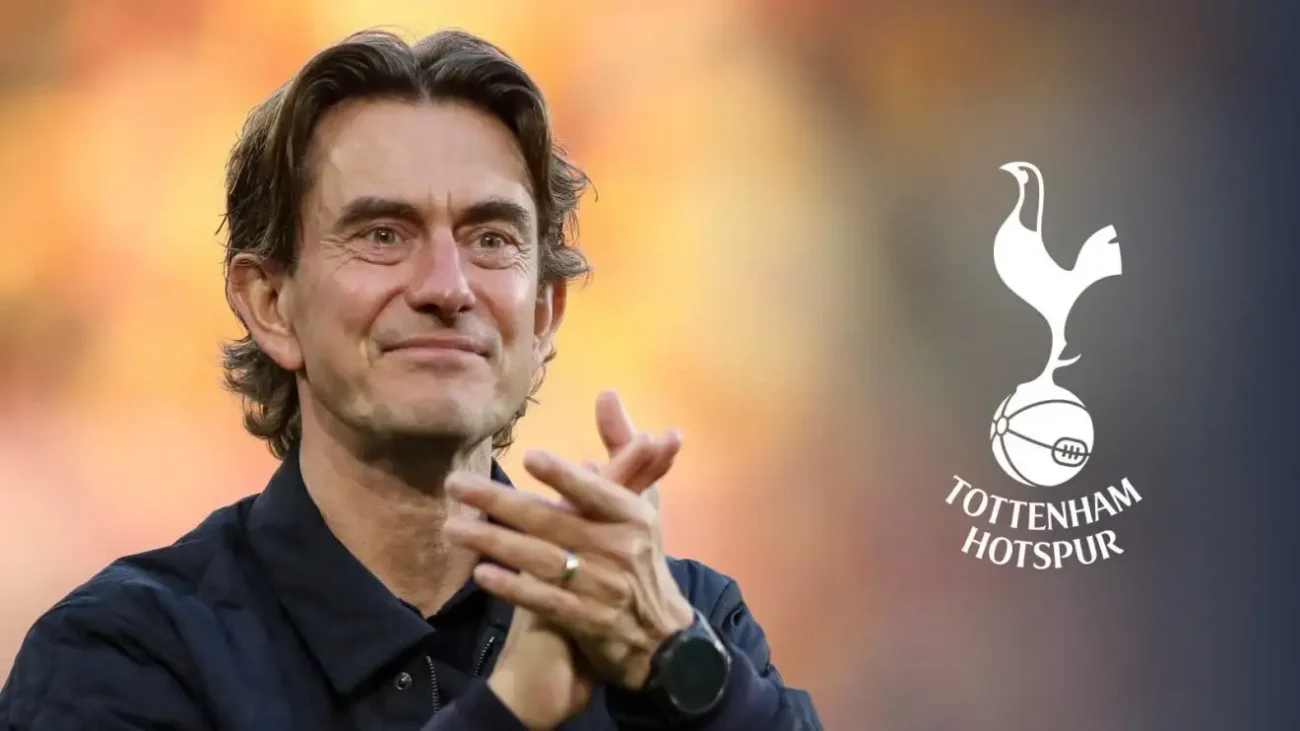When a football club spends a significant amount of money on a new player, there is an immediate expectation for that player to succeed. The transfer fee acts as a weight, and every touch of the ball is analyzed under a microscope.
For Tottenham Hotspur and their summer signing, Xavi Simons, this pressure has been felt from the very beginning. The Dutch international arrived in North London for a fee of £52 million, a signing that was meant to inject creativity and excitement into the team.
However, the early stages of his Tottenham career have been a struggle, leading to questions about whether the club has made a costly mistake.
It’s important to understand the context of Simons’ arrival. Tottenham’s primary transfer targets for the creative midfield role were actually other players.
The club had pursued deals for Morgan Gibbs-White and Eberechi Eze, but both moves fell through at a late stage.
This left Spurs in a difficult position, especially after a season-ending injury to their key playmaker, James Maddison.
In what felt like a reactive move, the club pivoted quickly and managed to secure a deal for Simons, a player who had been strongly linked with a move to rivals Chelsea. He was, in many ways, a Plan C, signed under the pressure of a ticking transfer clock.

So far, the statistics tell a story of a player yet to find his footing. In his first six appearances, Simons has failed to score and has registered only a single assist.
For a player brought in to be an attacking catalyst, these are underwhelming numbers. This slow start has not gone unnoticed.
Pundits and fans alike are beginning to voice their doubts, with former striker Gabby Agbonlahor publicly stating he is “not sure” about the signing, pointing out that Simons doesn’t seem to have the explosive pace often associated with successful Premier League attackers.
But is it fair to place all the blame on the player’s shoulders? A deeper look suggests that the situation is more complicated, and that Tottenham’s own strategic decisions and the manager’s team selections share a large part of the responsibility for his difficult start.
The core of the problem appears to be a tactical mismatch. Throughout his highly successful spell in the German Bundesliga, Simons flourished in a central role as a classic number ten.
Playing behind the main striker, he was given the freedom to find pockets of space, dictate the tempo of attacks, and use his vision and technical skill to create chances.
This is where he looked like a world-class talent. At Tottenham, however, manager Thomas Frank has predominantly used him on the left wing.
This shift in position has fundamentally changed Simons’ role on the pitch. Instead of being the central hub of creativity, he is now asked to stay wide, make runs in behind the defense, and contribute more defensively tasks that do not play to his greatest strengths.
He looks like a square peg in a round hole, isolated on the touchline and unable to influence the game in the way he knows best.
This decision by Frank is likely born out of necessity rather than preference. Tottenham failed to sign a natural replacement for the legendary Son Heung-min on the left flank.
The other options for that position, Brennan Johnson and Wilson Odobert, have offered very little in terms of consistent threat or end product.
This lack of depth has essentially forced Frank’s hand, pushing him to use his new creative signing in a position that helps patch a hole in the team, even if it stifles the player’s own effectiveness.
The solution, however, might be simpler than it seems. In brief substitute appearances, particularly in the recent Champions League match, Simons has shown flashes of his quality when drifting into more central areas.
His own teammate, Micky van de Ven, has publicly backed him, praising his creativity and his ability to create “special things.” The evidence suggests that the talent is still there; it just needs to be unlocked in the right environment.
For Xavi Simons to succeed at Tottenham, the club and the manager need to help him. They signed a brilliant number ten, and now they need to have the courage to play him as one.
Taking the shackles off and unleashing him in his preferred central role could be the catalyst that transforms his contributions and finally justifies the club’s significant investment.
The blame for his slow start cannot rest with Simons alone; it is a shared responsibility that requires a tactical adjustment from the manager to truly get the best out of their much-hyped signing.

